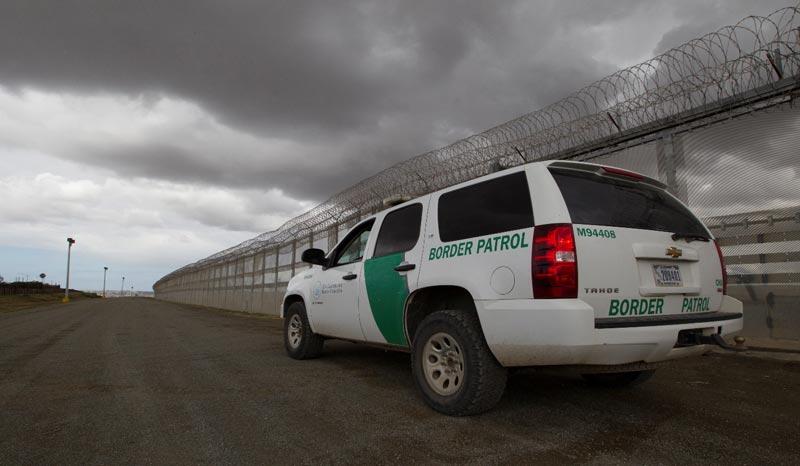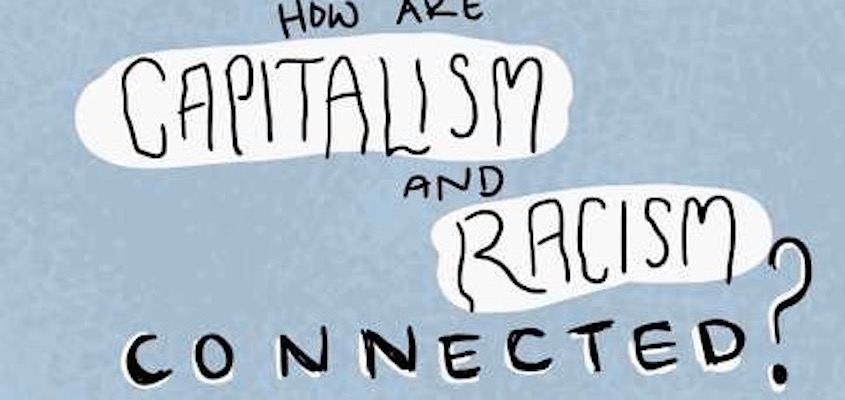(ThyBlackMan.com) Dealing with any type of physical pain can be trying for the average person. Depending on the severity of the pain, extra strength pain medication can be prescribed. Though painkillers can be beneficial in giving a medical patient relief from their aches and pains, failure to comply with dosage instructions could result in dependency or even addiction.
It is pretty common for a person to overlook the possibility of being addicted to prescribed medication, but it happens more often than you think. In fact, statistics show that approximately 5.1 million people abuse prescription painkillers each year. Most would assume that because it is a medication prescribed by a doctor that there are no harmful effects. However, what starts off as a harmless way to soothe pain gradually escalates into dependency and full blown addiction if you’re not careful.
Have You Crossed the Line?
Whether you’re concerned about your own use of prescription medications or someone that you care for, knowing when the line between use and abuse has been crossed can make a significant difference in getting treatment. Below are a few telltale signs that you or someone you know has developed a dependency or has become addicted to painkillers:
Tolerance – With prolonged use of pain medications it can be fairly easy for the body to develop a tolerance to the dosage. A tolerance essentially means that the body has become tolerant to the prescribed dosage. The user needs more of the medication to get the same relief from the pain. If you or someone you know has increased their use of pain medication this is the first sign that dependency has developed.
same relief from the pain. If you or someone you know has increased their use of pain medication this is the first sign that dependency has developed.
Social Isolation – Withdrawing from social activities as a means to hide the increased use of drugs is fairly common.
Continued Use – A person who has become dependent upon medication will often take it even after their pain has gone away.
Defensiveness – No one wants to be accused of something as serious as drug abuse or addiction and as such will become increasingly defensive when asked about their medication use or frequency.
Lack of Concentration – As pain medication has properties that can make it hard to concentrate; this is only heightened when a person takes more than they should.
Obtaining Drugs Through Different Sources – As with most prescribed medications there is a limit on how many refills you can receive. Once a person has gone through that limit, a doctor must approve more. If the doctor feels that the person is not in need of the medication they will turn the patient away or give alternative pain management advice. Patients typically will begin looking for other sources such as through an illegal drug dealer or by taking medication from someone else who no longer uses them.
Physical Changes – There are also physical changes that could occur in a person suffering with pain medication addictions or dependency. These changes include pale skin, sunken in eyes or bags under the eye, and a decreased appearance such as poor personal hygiene.
What to Do About it
If you have noticed yourself or the person in question in any of the above mentioned signs getting help is the first course of action that should be taken. Here are some tips to addressing the issue and getting help.
- Denial is common – When you decided to address the matter with the person you believe to be suffering from addiction, be prepared that they may deny the whole thing and refuse your help. As much as you want them to get better, treatment has to be a choice they make on their own in order to truly recover.
- Don’t Ambush – You don’t want the person you’re trying to help to feel like they’re being ganged up on about their issue. If they do, they may very well deny there is a problem or decide they don’t want your help. If you’re going to stage an intervention, it is best to only select a few family members who can keep calm and talk about the problem from a loving space.
- State Your Concerns and Offer Support – When addressing the matter with a loved one, be sure that you state your observations and concerns as it pertains to their painkiller abuse and then offer your support. You should try and keep the conversation short and sweet without pointing too many fingers or making them feel out of place. By letting them know you care and that you want to help them, you can give them the courage they need to seek treatment.
Whether it is you or someone you know that is struggling with painkiller addiction you want to get the facts, and get help from a reliable source. For those who have to address the matter with a loved one, remember, all you can do is put your concerns out there and offer your support. It is up to them to see the signs and get the help they need.
Sources:
Forterus, August 31, 2015. 5 Excuses for Avoiding Drug Rehab and the Argument Against Them, http://forterustreatment.com/blog/excuses-for-drug-rehab/
National Institute on Drug Abuse, January 2014, Popping Pills: Prescription Drug Abuse in America. https://www.drugabuse.gov/related-topics/trends-statistics/infographics/popping-pills-prescription-drug-abuse-in-america
Medincinenet, Clifford Berinstein M.D., October 2003, 10 Warning Signs of Prescription Painkiller Dependency. http://www.medicinenet.com/script/main/art.asp?articlekey=24572
CBS News, CBS News Staff, February 2013, Five Signs a Loved One is Abusing Painkillers, http://www.cbsnews.com/media/five-signs-a-loved-one-is-abusing-painkillers/
Staff Writer; Keith Moore




















Leave a Reply